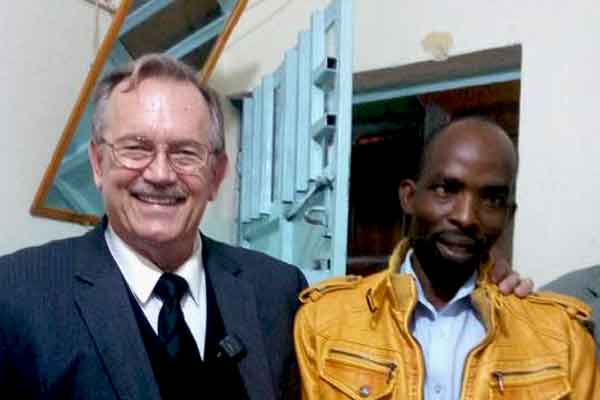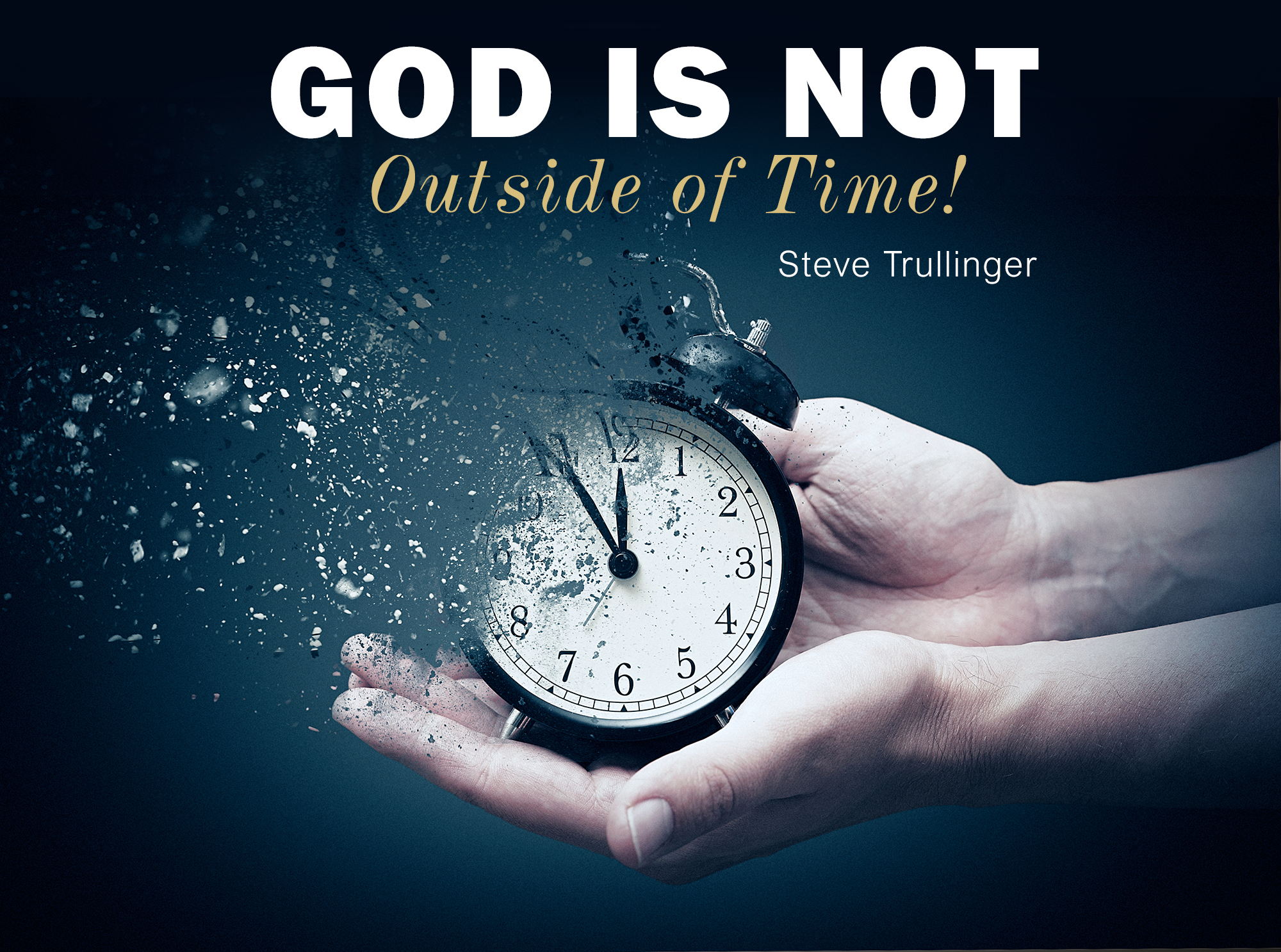Every so often, my training and experience as a research physicist and university professor for more than two decades come in handy when contemplating the awesomeness of God! In my “former life” as a scientist, I was used to thinking about some of the “fundamental” aspects of the physical world. Such topics as energy, light, heat, gravitation, electricity and magnetism, etc., are standard “fare” in the diet of physicists, and the concepts and principles I learned in my studies and research often helped me be even more in awe of God’s creation than if I hadn’t had the privilege of a physicist’s perspective.
From the incredibly minute scales of sub-nuclear particles to the vast magnificence of the observed universe, God has made himself known through his creation [Rom 1:20], and my study of the physicist’s pursuit of “understanding” of the natural realm often helped my “jaw drop” in amazement with many of the revelations of his divine nature and power evidenced in his intricate handiwork!
With delight and a warm heart, my ears perk up when I hear believers proclaim their wonderment as well. I love hearing the awe in voices that share their amazement at God’s attributes and creativity, even as we all must confess our limited, infinitesimal understanding of his ways [Is 55:9]. We all delight in the mysteries of God, even as we each are mystified in unique ways that depend on our individual understanding and perspective of the physical realm in which we live.
With this appreciation of the varied perspectives we all have, I would like to share my own view on just one of the many inscrutable aspects of God’s nature, namely his relationship to that somewhat confusing and often misunderstood creation of his that we call “time.” This “nugget” is intended only as an “appetizer,” and there is very much more that I will try to share later on. But for now, I want to focus on the phrase that I often hear from folks expressing the majesty of God, namely that “God is outside of time.”
To be sure, God is sovereign over time! He made it and he is Lord over it, often “adjusting” it as he sees fit. But to say that he is “outside” of it I think misses a key facet of God’s amazing nature. I presume that what most people are thinking when they say that God is “outside of time” is that he is not controlled by it, or limited by it, or otherwise constrained in the same way that we think that we are. Let me share a different perspective with you, one that takes into account some of the nature of this concept we call time as understood by physicists.
Without launching into an extended “physics lecture,” I do want to summarize one of the key features of “time” that escaped much notice until just over a century ago. It is my hope that by understanding this feature, you may gain increased “awe” of God through what he has made. In 1905, Albert Einstein burst onto the “public” scene with the publication of several revolutionary discoveries/theories, among which the most popular was what later became known as the “Theory of Special Relativity.” Many popular, and readable, accounts have been written over these many years since his theory was introduced to the public, and it is not my intent to explain his theory here. [You may have already been yawning just at the mention of “physics!”] Rather, let’s focus on just one important aspect that bears on the subject of God and time.
Einstein hypothesized that both space and time were not absolute “entities,” in the sense that all observers would measure the same (or absolute) values of distance and time intervals separating two events. Instead, Einstein concluded that two observers in relative motion with respect to each other would measure different values for the distance and time interval between two events, and these differences would become quite dramatic as the relative motion of the observers approached the speed of light! In fact, he proposed that “space” and “time” were not in fact independent of one another, but were intimately connected aspects of the more general four-dimensional “space-time”continuum that serves as the “grid,” so to speak, for describing events that occur in our physical realm. As a consequence, space and time could “morph” [my language] into each other, depending on the relative motion of two observers.
Let me summarize this nature of space-time and its connectedness to observation with an oversimplification: One man’s “meter” is another man’s “hour!”
If that seems too much to fathom, you are not alone in the mystery! This aspect of space-time was not generally anticipated before Einstein’s radical hypothesis, primarily because the amount of “mixing” of space with time was incredibly small and undetectable for observers moving at achievable relative speeds (incredibly much smaller than the speed of light). Nevertheless, the nature of space and time is such that they are not separate, absolute, entities but instead are aspects of the more general space-time that God created, and uncountable experiments that do probe this “mixing” have verified that Einstein’s hypothesis has merit and is incredibly accurate in the context [constant relative velocity of observers] where it is presumed to be valid. [For situations where the observers are accelerating with respect to each other, Einstein’s General Theory of Relativity is needed.]
What’s the point? The point is that what we call “space” and what we call “time” may differ from what our brother perceives from his “vantage” point, if we are moving with respect to one another.
How does this relate to God’s nature? If we agree that God is omnipresent (everywhere in space), then he must also be everywhere in time (omnitemporal)! Since space and time are not “disjoint” entities, in the sense described above, we cannot in the same breath say that God is ‘everywhere in space” and also say that he is “outside of time.” Indeed, instead of God being outside of time, he is everywhere in it!
I hope to pursue this subject much more at a later “time,” but for now let me say that the concept of God being everywhere in time actually may help shed light on some related questions. For example, God existing everywhere in time fits well with his own declaration of who he is: “I AM!” [Ex 3:14]. Also, we are helped to avoid the temptation to think of God as a sort of “super-prophet” who can “look into the future” perfectly. Rather, he is already there! I’m sure you will think of other questions that can be approached differently now, with this broader appreciation of God’s nature.
Our God, who created space-time, can exist everywhere in it and still be sovereign over it. He is not outside of time. He is much more amazing than that!











